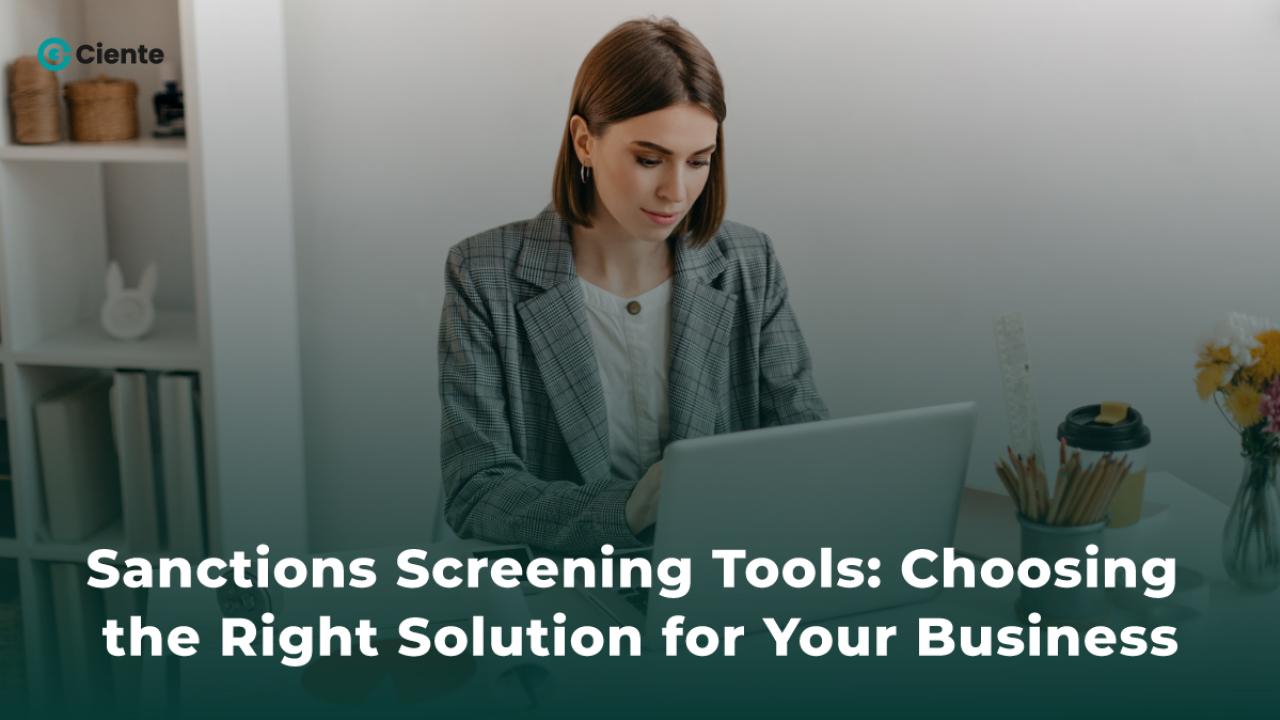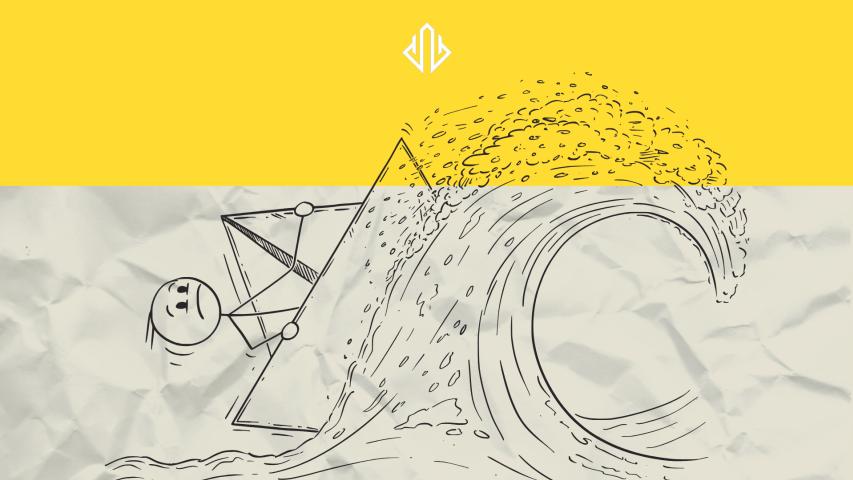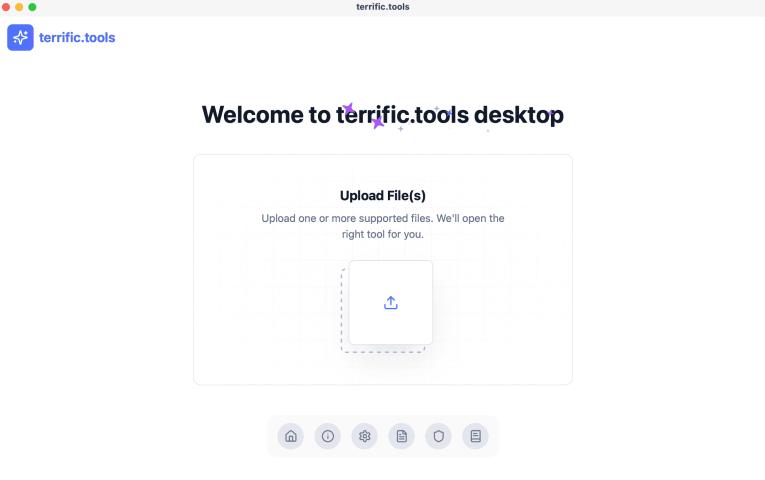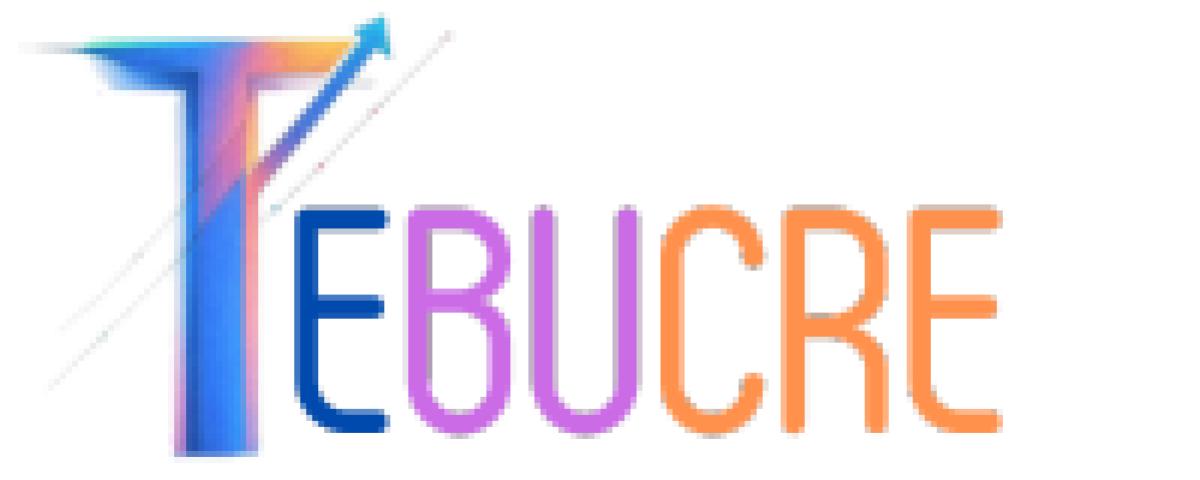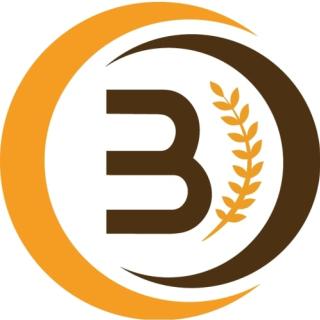In today’s globalized economy, businesses are increasingly
operating across borders, opening up new markets and opportunities. However,
this expansion also exposes organizations to the risk of inadvertently engaging
with individuals, entities, or countries that are subject to sanctions. To
mitigate these risks, sanctions
screening tools have become a critical part of compliance strategies for
businesses of all sizes. In this tech article,
we’ll explore how to choose the right sanctions screening tool for your
business, the benefits of automation, and how integrating Martech can further enhance your
compliance framework.
Understanding Sanctions Screening
Sanctions screening refers to the process of identifying and
monitoring transactions or business relationships that involve individuals or
entities on various government-issued sanctions lists. These lists typically
include:
- OFAC
(Office of Foreign Assets Control) list from the U.S. Treasury
Department
- EU
Sanctions List
- UN
Sanctions List
- FATF
(Financial Action Task Force) Blacklists
Sanctions screening is vital for preventing illegal
activities such as money laundering, terrorist financing, and other financial
crimes. It also helps businesses comply with local and international
regulations.
Failure to comply with these sanctions can lead to severe
financial penalties, reputational damage, and even criminal charges. Therefore,
implementing the right sanctions screening tools is crucial for maintaining
legal compliance and safeguarding your business.
The Importance of Automation in Sanctions Screening
Manual sanctions screening can be time-consuming and prone
to human error. As the volume of transactions increases, so does the complexity
of screening them against multiple sanction lists. This is where automation
plays a significant role.
Automated sanctions screening tools help organizations
streamline the process, reduce errors, and improve efficiency. They are
designed to scan a wide range of data points, including customer names,
addresses, and transaction details, against up-to-date sanctions lists.
Automation allows businesses to perform real-time checks and identify risks
quickly, which is essential in the fast-paced world of international trade.
Additionally, automated systems can filter false positives,
making it easier for compliance teams to focus on genuinely high-risk cases
rather than sorting through irrelevant data. This not only reduces the risk of
overlooking a critical sanction but also saves significant time and resources.
Key Features to Look for in Sanctions Screening Tools
When selecting a sanctions screening tool for your business,
there are several key features to consider. These features will ensure that
your system is both effective and efficient in identifying and mitigating
risks.
- Comprehensive
Coverage of Sanctions Lists Your screening tool should offer access to
a wide range of global sanctions lists, including OFAC, EU, UN, and any
other relevant national or international sanctions lists. The tool should
also be able to update these lists regularly to ensure compliance with the
latest regulations.
- Real-time
Screening A good screening tool will perform real-time checks on all
transactions and business relationships. This helps prevent potential
violations before they occur, which is crucial for maintaining regulatory
compliance.
- False
Positive Reduction False positives are common in sanctions screening
and can lead to unnecessary investigations or delays. Choose a tool that
uses sophisticated algorithms or machine learning to minimize false
positives and focus only on high-risk entities.
- Customizable
Alerts Alerts are an essential feature for compliance teams. Look for
a system that allows you to set customizable alerts for different risk
thresholds, ensuring that your team can respond quickly and appropriately
to potential sanctions violations.
- Integration
with Other Systems Sanctions screening tools should integrate
seamlessly with other systems in your business, including customer
relationship management (CRM), financial software, and payment processing
systems. This helps streamline workflows and ensure that compliance checks
are incorporated into existing processes.
- Audit
and Reporting Capabilities A strong reporting and audit trail is
critical for demonstrating compliance during audits or investigations. The
tool should provide detailed reports on screening results, investigations,
and resolutions.
- User-Friendly
Interface The tool should be easy to use, with a simple interface that
allows compliance officers to quickly review results and take action. A
user-friendly interface can also help reduce the training time required
for staff.
Integrating Martech into Your Sanctions Screening Process
The integration of Martech (Marketing Technology)
with your sanctions screening tool can offer additional benefits to your
business. Martech is typically used to enhance marketing efforts through
automation, data analytics, and customer segmentation. But when applied to
sanctions screening, it can help improve customer experience, data management,
and communication efficiency.
By integrating Martech solutions, businesses can build a
more complete customer profile and cross-reference this information against
sanction lists more effectively. Martech can also assist in streamlining
communications with customers during the onboarding process, ensuring that
compliance checks are handled early on without disrupting the customer
experience.
Moreover, advanced Martech tools can provide insights into
customer behaviors, which can help companies identify patterns or potential red
flags that might not be immediately obvious. Combining Martech with your
sanctions screening software creates a powerful synergy that can protect your
business from compliance risks while enhancing customer relationships.
The Future of Sanctions Screening
As the landscape of global regulations evolves, businesses
need to adapt to new challenges and changes in the sanctions environment. The
future of sanctions screening tools is likely to involve even greater levels of
automation, powered by artificial intelligence (AI) and machine learning. These
technologies will not only improve accuracy and efficiency but also enable
predictive screening, helping businesses proactively identify potential risks.
Additionally, businesses may start incorporating more
advanced technologies such as blockchain to ensure the integrity and
transparency of their transactions, further minimizing the risk of
non-compliance.
Conclusion
Choosing the right sanctions screening tool is critical to
ensuring your business remains compliant with international regulations and
avoids potential legal risks. By focusing on key features like real-time
screening, false positive reduction, and integration capabilities, businesses
can ensure that they are using the best technology available. Moreover,
integrating Martech into your sanctions screening process can further
enhance both compliance and customer experience, creating a robust and
efficient compliance framework.
As the regulatory landscape continues to evolve, the role of
technology in managing sanctions compliance will become even more important.
Embracing automation and advanced tools can help safeguard your business from
risk, improve operational efficiency, and ultimately protect your reputation
and bottom line.
